
Dental Treatment
Unveil your perfect smile with exceptional dental treatments at Shahi Dental Clinic, where your oral health is our paramount priority.

Facial Aesthetics
Elevate your beauty with precision Facial Aesthetics at Shahi Dental Clinic, where artistry and innovation converge to enhance your natural radiance.

Tattoo Removal
Say goodbye to unwanted ink with expert Tattoo Removal at Shahi Dental Clinic, where advanced technology meets skilled care for a clean canvas anew.

Body Sculpting/Cryolypolysis
Sculpt your body the way you envision with Body Sculpting/Cryolipolysis at Shahi Dental Clinic, merging technology and expertise for your desired transformation.
In an emergency? Need help now?
Facing a dental emergency and need immediate assistance? Shahi Dental Clinic is here to provide you with prompt and expert care. Our dedicated team is equipped to handle urgent dental issues, ensuring your comfort and well-being during critical moments.
Make an Appointment NowAbout Us
Welcome to Shahi Dental Clinic, where indulgence meets innovation. Our mission is to elevate your well-being through premier dental and facial aesthetic treatments. From transformative Cryolipolysis/Body Slimming to rejuvenating skin therapies, we're your oasis of care, ensuring a journey of kindness and personalized excellence. As your trusted partners, we craft tailored treatment plans that embrace your aspirations, nurturing your smile and radiance. Join our family, where every visit is a step towards a more vibrant you.


Your Trusted Partner for Exceptional Dental Care
At Shahi Dental Clinic, we are committed to delivering outstanding dental care services that prioritize your oral health and overall well-being.
- Equipped with the world's most advanced dental and facial aesthetic technology, we meticulously recommend and select the finest dental materials for your treatment, ensuring a 100% success rate.
- We take pride in our exceptional team, consisting of skilled cosmetic dentists, endodontists, orthodontists, dental implantologists, facial aesthetics specialists, and oral and maxillofacial surgeons, who have undergone rigorous training to deliver the highest level of expertise and care.
- Our highly trained team consists of award-winning specialists and dentists who are dedicated to excellence.
- Understanding the concerns of our nervous patients, we've cultivated a welcoming environment that puts you at ease, addressing the factors contributing to dental anxiety.
- We believe in personalized care for every individual, creating tailored treatment plans that align with your unique needs.
With an unwavering commitment to excellence and a paramount focus on your satisfaction, we aspire to be your partner on your journey to attaining and preserving optimal oral health. Our mission is to ensure you feel confident and cared for at every step of your dental experience.
Doctors Expertise and compassion combined, providing you with the best in medical care.
More than 12 Years of Experience Guiding expertise honed through years of dedicated practice.
22 Awards and Recognitions A testament to our unwavering commitment to excellence and innovation.
More than 50K Happy Patients Empowering smiles and health for over 50,000 cherished patients.
Exceptional Expertise: Accomplished specialists and dentists with a history of excellence.
We have a deep understanding of how our nervous patients feel, and the many reasons for their fear of visiting the dentist.
Putting Patients at ease with the dentists:-
We want you to feel comfortable asking us anything about your teeth. Patients are reassured that their questions will be taken seriously and there will be a discussion on treatment options. This generates trust Shahi Dental Clinic dentists and makes them feel more approachable.
Alleviating patient concerns
The copy highlights the dentists as compassionate experts who care for their patients as much as they would their own family.
Establishing dentists as qualified professionals
Marketfair removes doubt of their dentist's qualification by asserting that they are recognised as qualified dental practitioners by the Indian Dental Association.
Treatments
We offer a wide range of services aimed at maintaining oral health, preventing dental issues, and addressing various dental problems.

General Dental Checkup
Our comprehensive dental checkups are designed to bring out the best in your smile. With a keen focus on oral health, we ensure that every aspect of your dental well-being is thoroughly examined. Step into a world of confident smiles with our expert care.

Dental Fillings
Seamlessly restore your teeth's health and appearance through our state-of-the-art dental filling techniques. Whether it's the reliable GIC filling or the natural look of composite fillings, we have the right solution for you. Experience renewed comfort and confidence in your smile.

Teeth Alignment Orthodontics
Embark on a journey to perfectly aligned teeth with our personalized orthodontic solutions. From traditional metal braces to discreet clear aligners, we offer options to suit all ages and preferences. Let us help you achieve a smile that reflects your true confidence.

Dental Implants
Rediscover the joy of eating, speaking, and smiling without hesitation through our advanced dental implant treatments. Our skilled team is dedicated to providing you with the highest quality of care and the most natural-looking results. Say hello to a new chapter of self-assured living.

Sleep Apnea Treatment
Uncover restful nights and revitalized mornings with our tailored sleep apnea therapies. Our solutions go beyond just treating snoring – we aim to enhance your overall well-being by addressing the root causes of sleep apnea. Reclaim your energy and sleep soundly once again.

Crown, Bridge, Veeners
Elevate your smile's beauty and function with our premium restorative options. From sturdy crowns and bridges to transformative veneers, our treatments are designed to blend seamlessly with your natural teeth. Embrace the confidence that comes with a stunning, renewed smile.

Periodontal Treatment
Experience a renewed sense of comfort and oral health with our denture and gum care expertise. Our compassionate team understands the importance of a functional smile, and we're dedicated to providing you with top-notch solutions that fit your unique needs.

Laser Dental Procedures
Step into the future of dentistry with our advanced laser techniques. Experience precision and comfort in a range of dental procedures, all made possible through cutting-edge technology. Discover a new level of dental care that emphasizes effectiveness and minimally invasive approaches.

Teeth Scaling and Polishing
Restore your teeth's natural brilliance and shine with our gentle yet effective scaling and polishing treatments. Say goodbye to stubborn stains and plaque buildup as we unveil the radiant smile that lies beneath. Show off your confident grin with pride.

Root Canal & Oral Surgery
Navigate root canals and oral surgeries with ease through our skilled and pain-free approach. Our experienced team prioritizes your comfort and well-being, ensuring that your journey to optimal oral health is smooth and worry-free.

Facial Skin Rejuvenation, Tightening, Wrinkle Removal and Anti Ageing
Immerse yourself in a world of rejuvenation as we revitalize your skin's vibrance. Our advanced facial treatments are designed to leave your skin feeling refreshed and renewed, helping you achieve that radiant and youthful glow you've always desired.

Chemical Peels and Facials
Indulge in the luxury of skin transformation with our revitalizing chemical peels and facial treatments. Unveil smoother, more luminous skin as we target imperfections, leaving you with a renewed sense of confidence and radiance. Discover the beauty that lies within.

PRP and Laser Facial Treatments
Immerse yourself in a world of beauty and rejuvenation with our PRP and laser facial treatments. From the innovative Vampire Facial to laser-assisted therapies like Carbon Facial and Hollywood Facial, our expert team is dedicated to helping you achieve radiant and youthful skin. Experience the magic of advanced skincare.

Permanent Hair Removal and Shaping
Embrace the freedom of flawless skin with our permanent hair removal and shaping solutions. Say goodbye to unwanted hair with our expert techniques, and explore the art of precise shaping for eyebrows and facial hair. Unleash your natural beauty confidently.

Body Sculpting and Tattoo Removal
Sculpt your body and redefine your confidence with our body sculpting treatments. From non-surgical fat loss through Cryolipolysis to tattoo removal and mole, wart, and tag removal, we offer a range of solutions designed to empower your sense of self. Embark on a transformative journey towards a more vibrant you.
Make an Appointment
We are committed to providing exceptional dental services and a comfortable experience for all our patients. To make an appointment, we have outlined a simple and convenient process to ensure your visit is seamless and stress-free.
TECHNOLOGIES USED
Harnessing cutting-edge technology for precision and optimal care.
-
Vatec RVG & Minimal radiation X-ray

These reduces the exposure to radiation by 80% for the patients. The sensor helps the doctor to get instant results. There is hardly any wait time for the patient for reports.
-
NSK physiodispenser
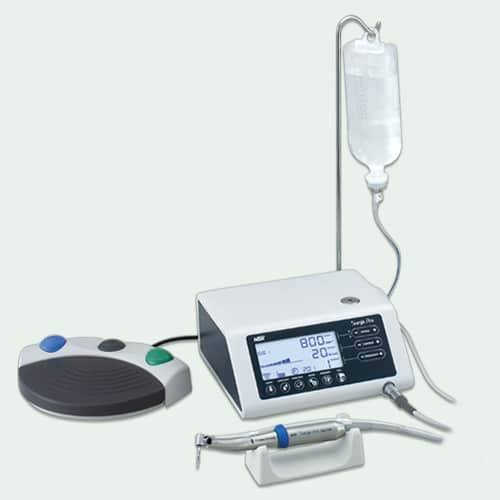
This is a device enabling us to embed the implants into the bone. Its main advantage is that, compared to standard dental sets of instruments, almost every part of the dispenser can be sterilized, which prevents spreading of infection into the operation wound.
-
In house Clear Aligners with Shining 3d scanner and printer
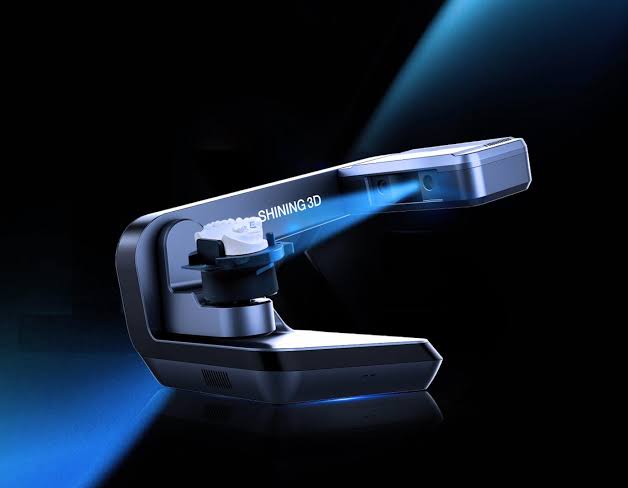
A dental 3D scanner is a device that derives 3D information from 2D images of three-dimensional shapes such as teeth and tissues inside a patient’s oral cavity, which is then used to obtain the same color information of real-world objects with help of 3D printer. It is used for making Aligners, implant splint and crowns.
-
Biolase Dental Lasser

This help in bleedless Excisional & Incisional Biopsies, Exposure of unerupted tooth, Frenectomy or frenotomy, Gingivectomy and gingivoplasty, Periodontal procedures, crown lengthening.
-
Cryolypolysis machine
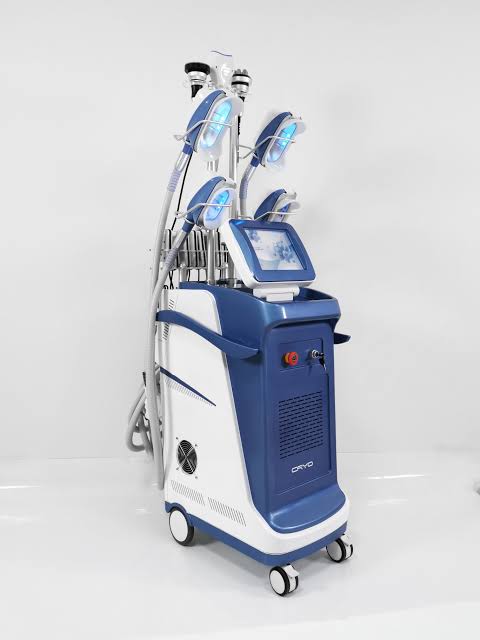
This helps in fat freezing and is a nonsurgical fat reduction procedure that uses cold temperature to reduce fat deposits in certain areas of the body. The procedure is designed to reduce localized fat deposits or bulges that do not respond to diet and exercise.
-
Microneedling Radiofrequency (MNRF)
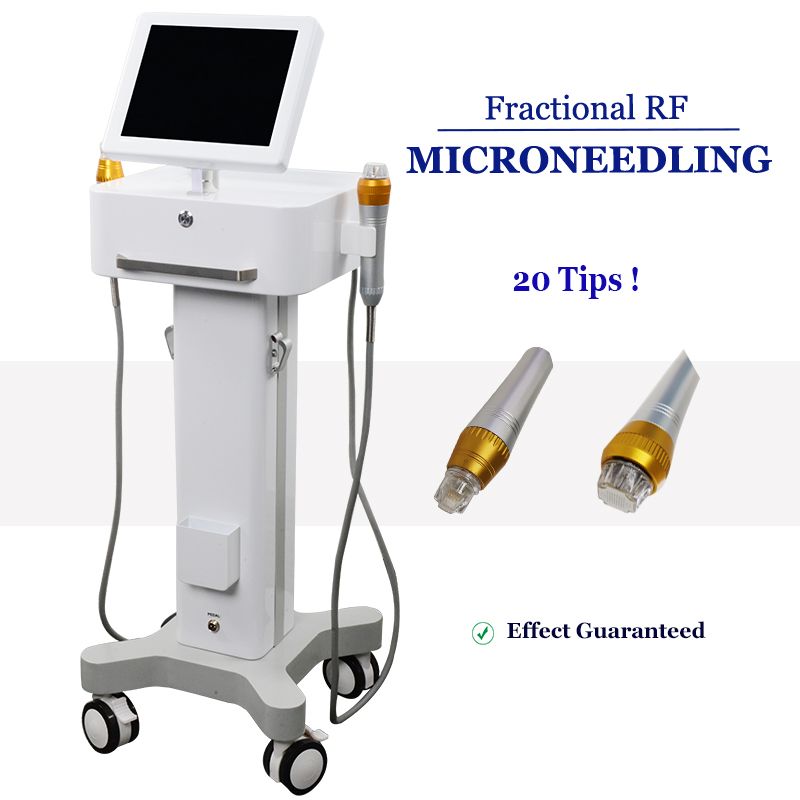
This is an advanced cosmetic treatment for skin rejuvenation and treating large open pores, acne scars and skin tightening. The procedure uses radiofrequency waves to stimulate the production of collagen, which reduces the pore size by making your skin tighter.
-
Hydra facial machine

HydraFacial works to deep-clean, exfoliate, and hydrate your skin. This professional procedure may help treat a variety of skin conditions, including acne, dryness, and wrinkles.
-
Alexendrite lasser, Diode lasser & Nd yag lasser

These laser offers permanent hair removal treatment with a gentle touch, removing hair while protecting the skin. This form of laser hair removal is an effective treatment of all skin and hair types.
-
Q Switch Pico lasser
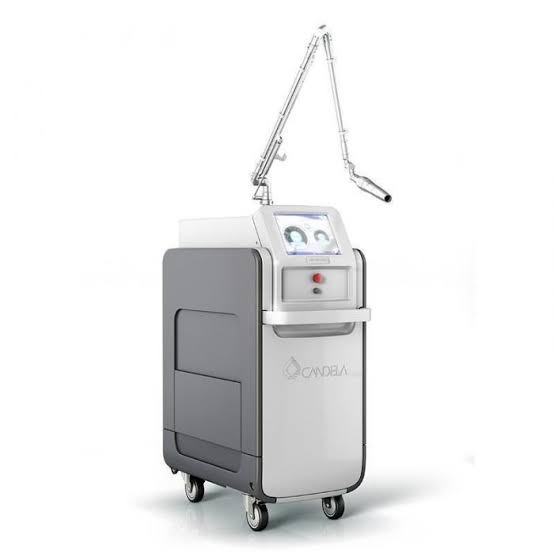
The Pico laser is a device used for quick tattoo removal, wrinkle-smoothing, stretch marks, acne scars, pigmentation removal for Melasma, Freckles, Birthmarks and more. This laser can be applied to almost any part of the body such as the face, chest, arms, and legs.
Testimonials
Our mission is to provide exceptional dental care that goes beyond treating teeth – we're dedicated to transforming lives, one smile at a time. Don't just take our word for it; hear what our valued patients have to say about their experiences with us. These testimonials reflect the heart of our commitment to excellence, compassion, and personalized care:
Meet Our Expert Dental Professionals: Your Smile's Trusted Guardians
Our team of dedicated dental professionals stands at the forefront of oral care excellence. Our doctors bring a combination of expertise, compassion, and innovation to every patient interaction, ensuring that your dental journey is nothing short of exceptional.

Dr. Kautilya Swaroop
MDS - Orthodontics & Dentofacial OrthopaedicsClinical Director and Consultant Orthodontist at Shahi Dental Clinic. Experienced Orthodontist with a demonstrated history of working in the hospitals. Skilled in MBT brackets, Lingual brackets, Aligners, General Dentistry, Clinical Research, Hospitals and Medicine

Dr. Anjali Swaroop
BDS, PGDFC, Cosmetic Dental Surgeon & Advanced Facial Aesthetics ClinicianDr Anjali Swaroop is exceptionally well-qualified to perform facial aesthetics treatments, thanks to her knowledge of facial anatomy and her ability to perform delicate treatments on a daily basis. She is best in restorative cosmetic dentistry, facial aesthetic treatments and aesthetic medicine, non-surgical cosmetic procedures and non-surgical facial rejuvenation treatments.
Discover Our Smile Transformation Gallery: Where Stories Unfold Through Smiles
a visual journey showcasing the remarkable transformations our patients have experienced. Every smile tells a story, and within these images, you'll witness the profound impact that quality dental care can have on lives.
Frequently Asked Questions
Have questions about our services and care? Explore our Frequently Asked Questions to find quick answers and insights into Shahi Dental Clinic. If you don't see your question here, don't hesitate to reach-out our dedicated team is ready to assist you.
-
What services does Shahi Dental Clinic offer?
Shahi Dental Clinic provides a comprehensive range of services, including general dentistry, cosmetic dentistry, orthodontics, oral surgery, pediatric dentistry, facial aesthetics, body sculpting, and much more. From routine check-ups to advanced treatments, we cater to all your dental and aesthetic needs.
-
How can I book an appointment at Shahi Dental Clinic?
Booking an appointment is easy. You can call our clinic at 9525050250 or WhatsApp us at the same number or use our online appointment request form on our website. Our team will promptly assist you in scheduling a convenient time for your visit.
-
Does Shahi Dental Clinic offer emergency dental care?
Absolutely. We understand emergencies can happen at any time. Shahi Dental Clinic is equipped to handle dental emergencies with urgency and expertise. Contact us immediately, and our dedicated team will provide the necessary care.
-
What payment options are available at Shahi Dental Clinic?
We offer a variety of payment options to suit your needs. We accept major insurance plans, credit cards, and also offer financing options. Our staff will assist you in understanding your payment options and maximizing your benefits.
-
Are the dental procedures at Shahi Dental Clinic painful?
Our priority is your comfort. We utilize modern techniques and technology, including minimally invasive procedures and anesthesia, to ensure your experience is as painless as possible. Your well-being is our top concern.
-
How often should I visit Shahi Dental Clinic for check-ups?
Regular dental check-ups are vital for maintaining your oral health. We recommend visiting us every six months for a comprehensive examination and cleaning. However, the frequency might vary based on your individual needs, and our team will guide you accordingly.
Contact
Connect with Shahi Dental Clinic Today: We're eager to hear from you! Reach out to our friendly team through the provided contact information or use the convenient online form to send us a message. Whether you have inquiries about our services, want to schedule an appointment, or need assistance with your dental concerns, we're here to assist you. Your journey towards a healthier, brighter smile starts here at Shahi Dental Clinic.
Our Address
Shahi Dental Clinic : Feel the miracle of your smile
Juran Chhapra Main Rd, in front of Road Number 2, Juran Chapra, Brahmapura, Muzaffarpur, Bihar 842001
Email Us
info@shahidentalclinic.com
Call Us
+91 95 250 50 250













